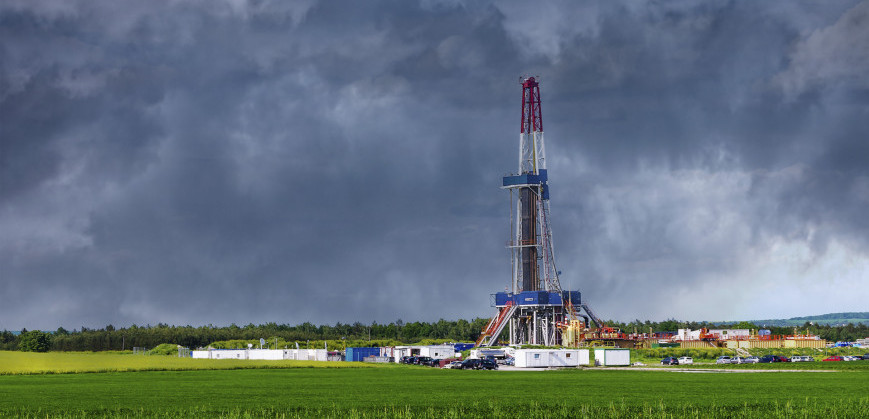
Hydraulic fracturing, or “fracking,” is a highly debated method of attaining natural gas and oil from the earth.
A panel of experts in several different disciplines from Colorado State University will discuss the question of whether fracking poses a risk to our environment on Tuesday, March 10, 5-6:30 p.m., at Avogadro’s Number, 605 S. Mason St. The discussion is part of the School of Global Environmental Sustainability’s Managing the Planet series.
Panelists include Thomas Borch and Jay Ham from the Department of Soil and Crop Sciences; Anthony Marchese, Department of Mechanical Engineering; and Liba Pejchar, Department of Fish, Wildlife, and Conservation Biology. The panel will be moderated by Gene Kelly, professor of soil and crop sciences and director of research and development for SoGES.
Hydraulic fracturing is a process of forcing aqueous fluids into gas- and oil-rich shales to enable or increase natural resource extraction. These fluids usually contain water and additives meant to help free the trapped gas. The injected water that partially returns from the process is called flowback water. The flowback water and the native groundwater from the geologic formation that was fractured have the potential to mix with nearby aquifers or surface water, raising public concern about the potential for groundwater contamination. Additional concerns include air quality impacts from volatile organic compounds and other gases emitted from the well pad.
The panel will focus on the impact of this oil and gas extraction method on soil, water, air quality, climate change and biodiversity. The panel will also address greenhouse gas emissions associated with the entire natural gas supply chain, and will discuss strategies to minimize the impact of natural gas development on the loss and degradation of plant and animal communities.
Managing the Planet panel discussions are free and open to the public. For more information, go to the SoGES website.